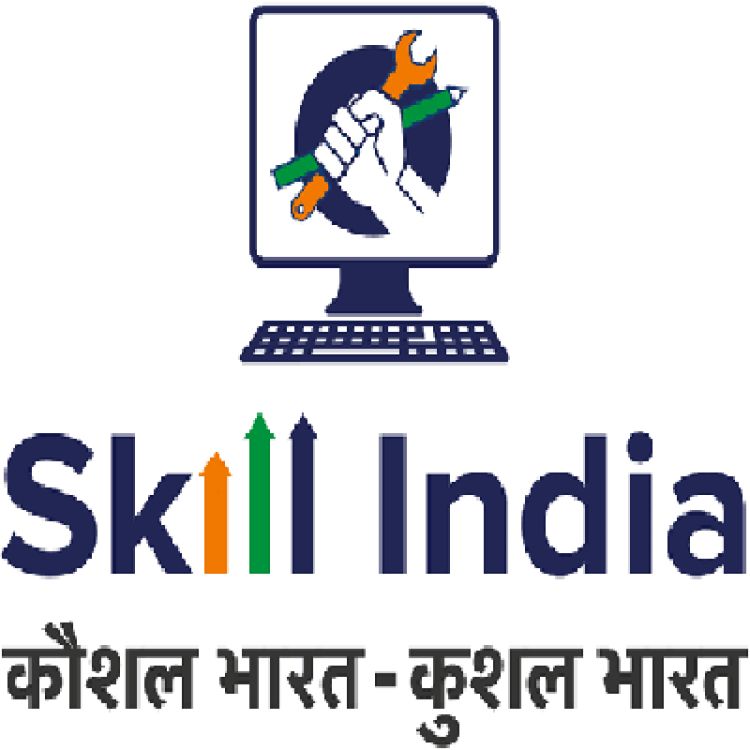
Duration: 3 MONTHS
Course Title: CAD (Computer-Aided Design) - (Skill Development Course)
Course Duration: 3 Months (Part-Time)
Course Objectives:
1. To provide students with a comprehensive understanding of Computer-Aided Design (CAD) principles and techniques.
2. To develop the skills required to create, modify, and analyze 2D and 3D models using CAD software.
3. To enhance problem-solving abilities through the application of CAD tools in various design scenarios.
4. To enable students to use CAD effectively for self-employment and career growth in the design industry.
Course Overview:
This course is designed to equip students with the necessary knowledge and skills to become proficient in Computer-Aided Design (CAD). The course will cover essential topics such as introduction to CAD, curves and surfaces, mathematical representation of solids, geometric transformations, and finite element analysis. Through a combination of theoretical instruction and hands-on practical exercises, students will gain expertise in using CAD software and develop a strong foundation in design principles.
Course Teaching Methodology:
1. Interactive Lectures: Engaging lectures to introduce and explain CAD concepts and techniques.
2. Practical Sessions: Hands-on practice using CAD software to reinforce learning and develop technical skills.
3. Assignments: Regular assignments to apply CAD tools to real-world design problems and enhance problem-solving abilities.
4. Case Studies: Analyzing and discussing case studies to understand the practical application of CAD in different industries.
5. Project Work: Undertaking a CAD project to apply learned skills and gain practical experience in design.
Importance for Learner in Career Growth and Self-Employment:
1. Enhanced Employability: CAD skills are highly sought after in industries such as engineering, architecture, product design, and manufacturing. Acquiring CAD skills will significantly enhance the learner's employability prospects.
2. Self-Employment Opportunities: CAD enables individuals to offer design services independently, opening avenues for self-employment and entrepreneurship.
3. Efficient Design Process: CAD tools streamline the design process, reducing errors and improving productivity, which is crucial for career growth and self-employment success.
Syllabus:
Module 1: Introduction to CAD
· Overview of CAD and its applications
· Understanding the CAD workspace and tools
· Introduction to CAD software (e.g., AutoCAD, SolidWorks)
Module 2: Curves and Surfaces
· Types of curves (e.g., splines, Bezier curves)
· Creating and editing curves
· Surface modeling techniques
Module 3: Mathematical Representation of Solids
· Representing solid objects using mathematical models (e.g., boundary representation, constructive solid geometry)
· Creating 3D models using CAD software
· Designing and editing solid models
Module 4: Geometric Transformations
· Translation, rotation, scaling, and mirroring of objects
· Understanding coordinate systems in CAD
· Applying geometric transformations in design
Module 5: Finite Element Analysis
· Introduction to finite element analysis (FEA)
· Preparing CAD models for FEA
· Analyzing and interpreting FEA results
Note: The contents mentioned above can be modified based on the specific requirements of learners or the location to cater to industry-specific needs or regional standards.
Please note that the syllabus provided is a general outline, and the actual duration and content distribution may vary depending on the course delivery format and the specific needs of the learners.

Course Code : S-1

Course Code : S-2

Course Code : S-3

Course Code : S-4
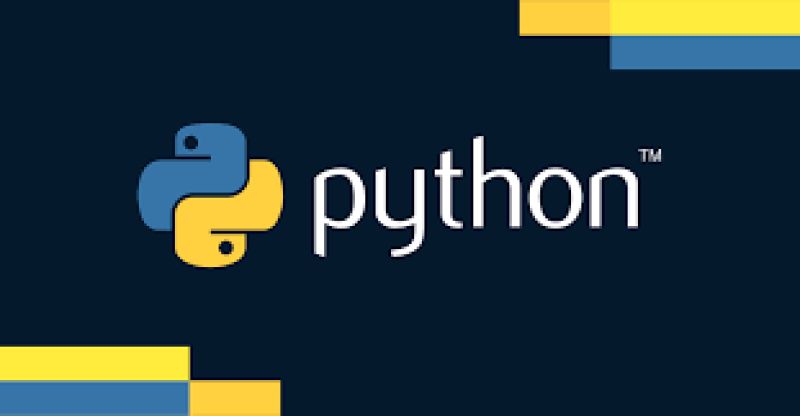
Course Code : S-283
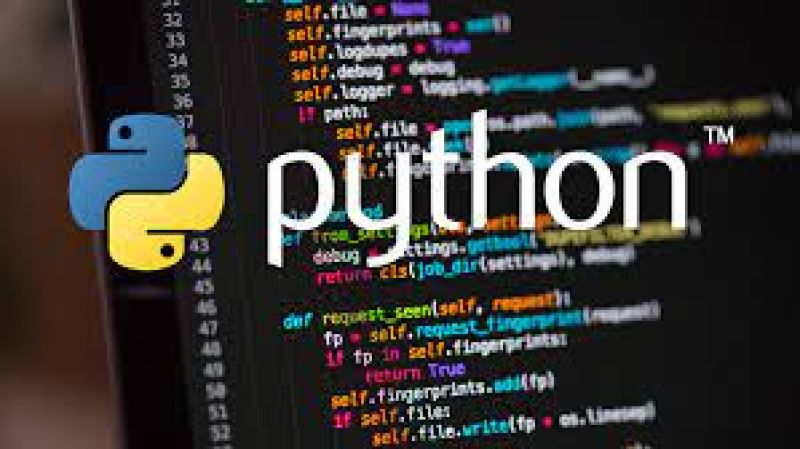
Course Code : S-284

Course Code : S-8

Course Code : S-9

Course Code : S-10

Course Code : S-11

Course Code : S-12

Course Code : S-13

Course Code : S-14
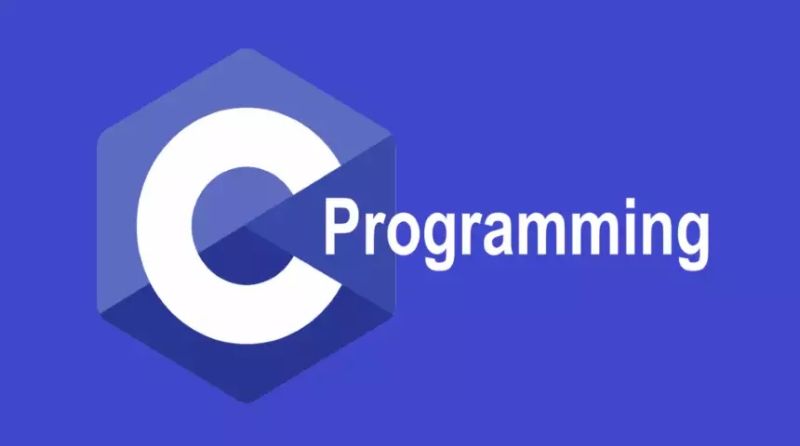
Course Code : S-15

Course Code : S-16
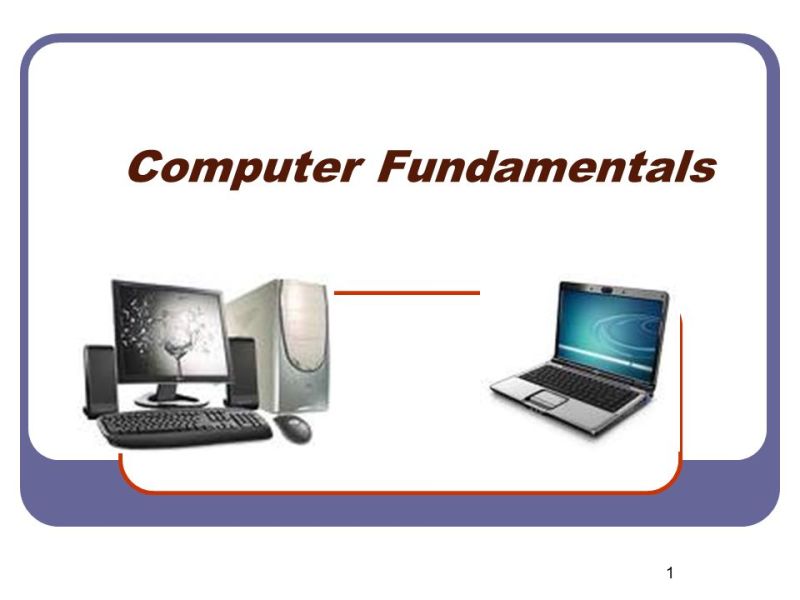
Course Code : S-17
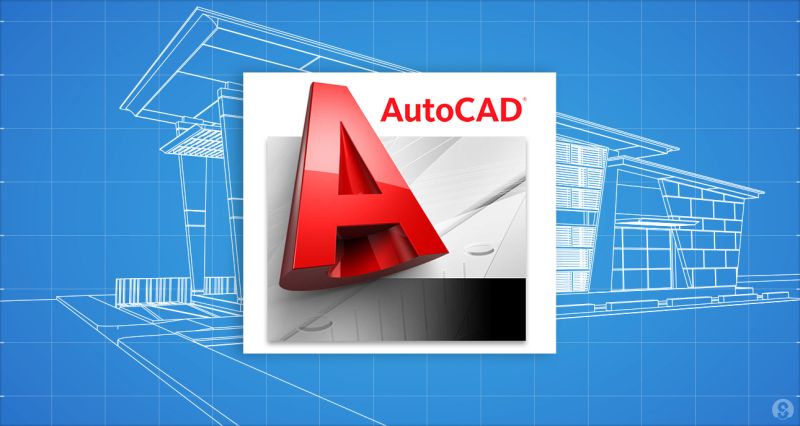
Course Code : S-18

Course Code : S-19
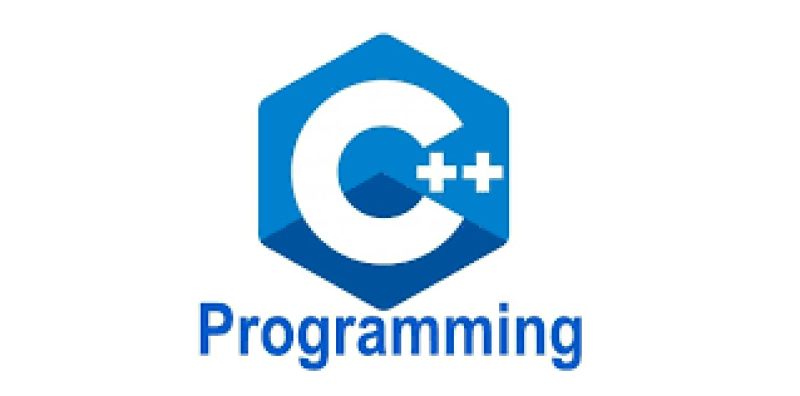
Course Code : S-20

Course Code : S-21

Course Code : S-22

Course Code : S-23

Course Code : S-24

Course Code : S-25

Course Code : S-26
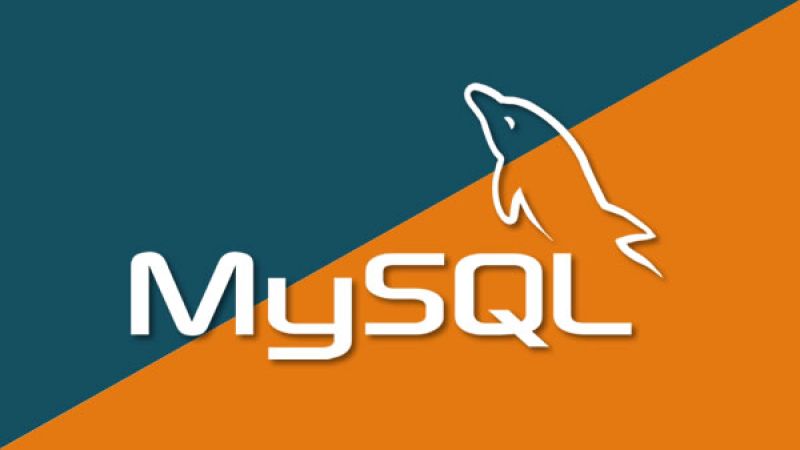
Course Code : S-27
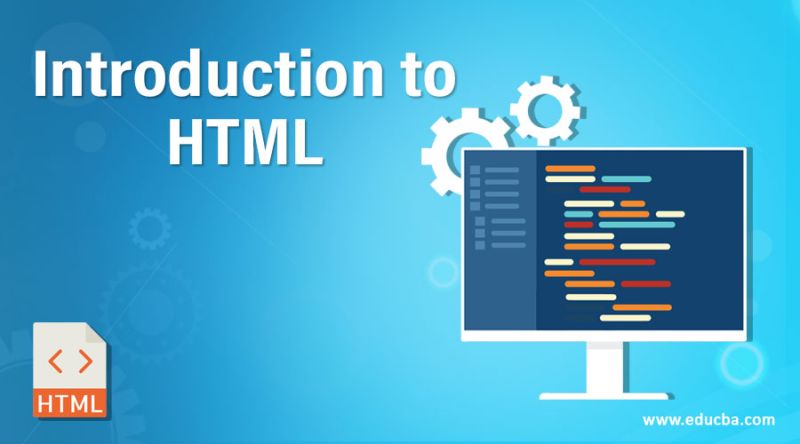
Course Code : S-28

Course Code : S-29
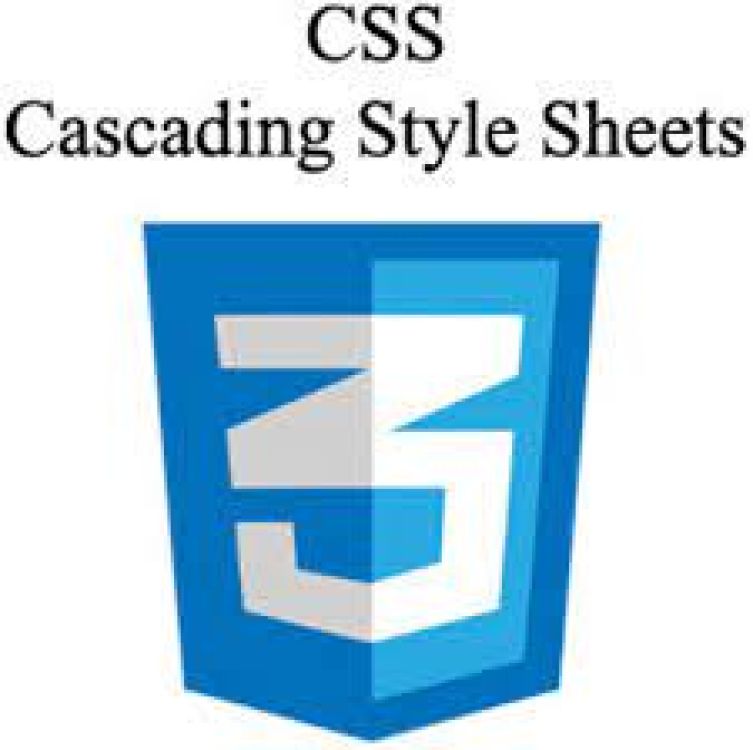
Course Code : S-30

Course Code : S-31

Course Code : S-32

Course Code : S-33

Course Code : S-34

Course Code : S-35

Course Code : S-36

Course Code : S-37
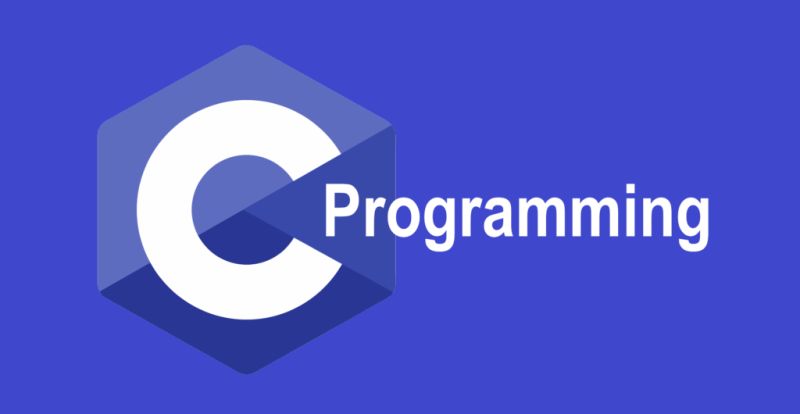
Course Code : S-38

Course Code : S-39
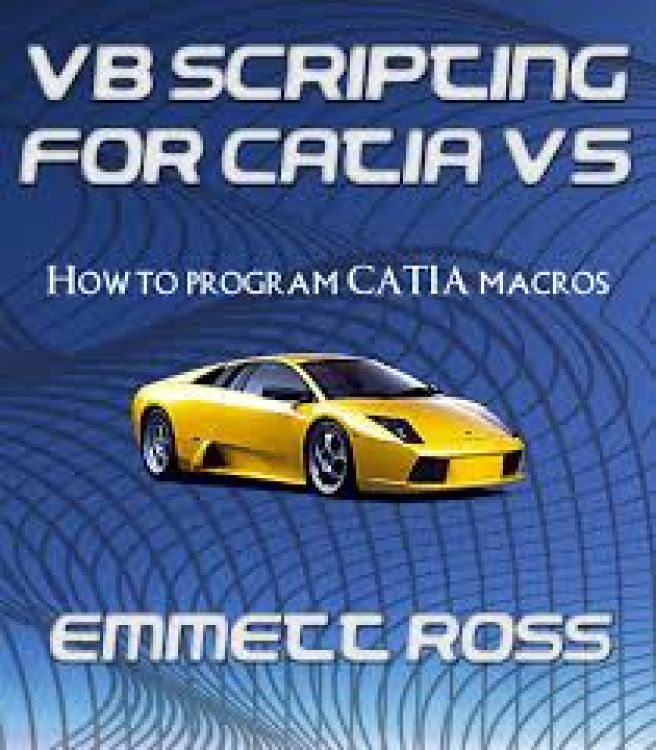
Course Code : S-40

Course Code : S-41

Course Code : S-42

Course Code : S-43

Course Code : M-N001

Course Code : M-N002

Course Code : M-N003
Course Code : M-N004

Course Code : M-N005

Course Code : M-N006

Course Code : M-N007

Course Code : M-N008

Course Code : M-N009
Course Code : M-N010

Course Code : M-N011

Course Code : M-N012
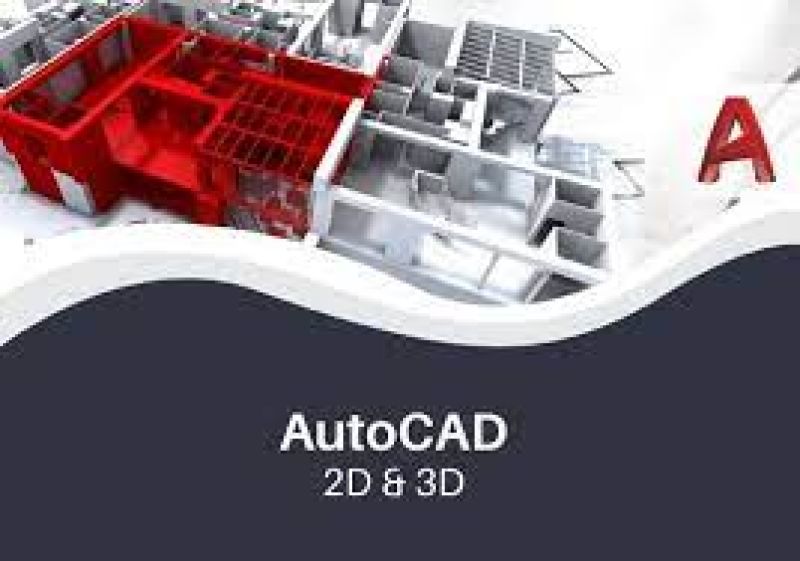
Course Code : M-N013

Course Code : M-N014

Course Code : M-N015

Course Code : M-N016
Course Code : M-N017

Course Code : M-N018

Course Code : M-N019

Course Code : M-N020

Course Code : M-N021

Course Code : M-N022

Course Code : M-N023

Course Code : M-N024

Course Code : M-N025

Course Code : M-N026

Course Code : M-N027

Course Code : M-N028
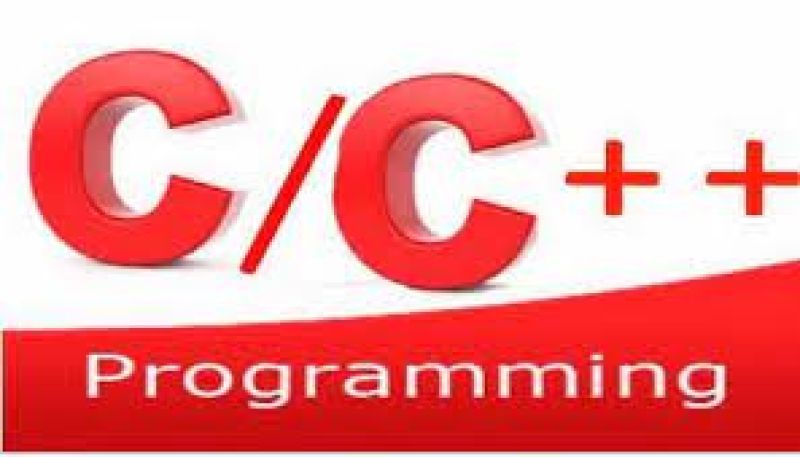
Course Code : M-N029

Course Code : M-N030
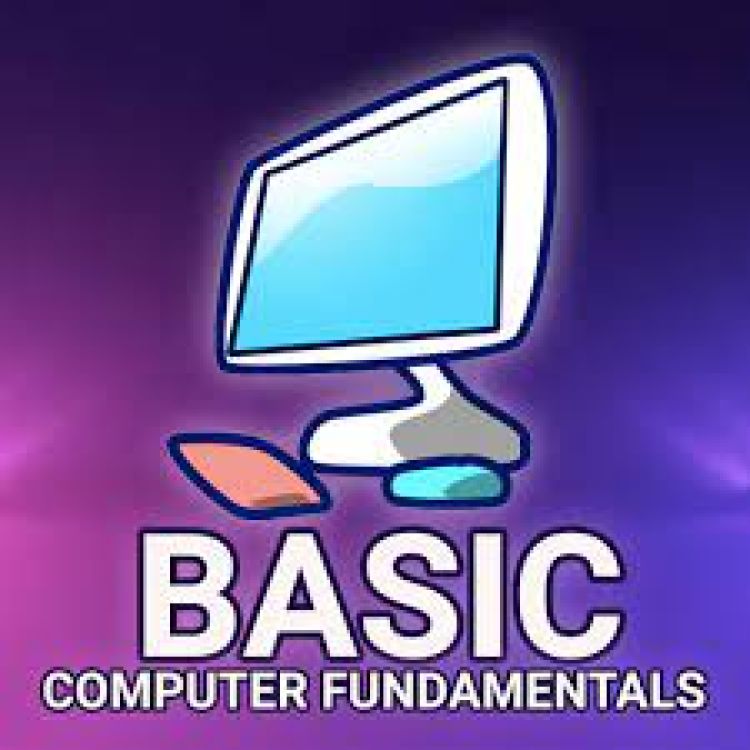
Course Code : M-N031
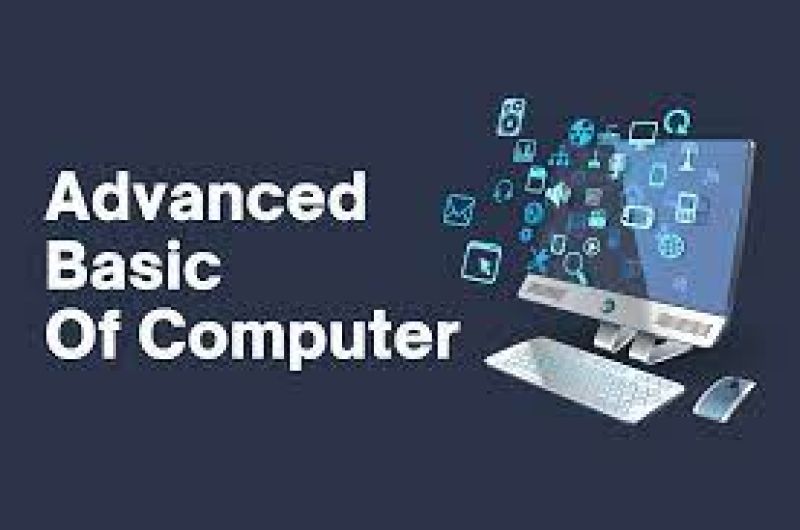
Course Code : M-N032
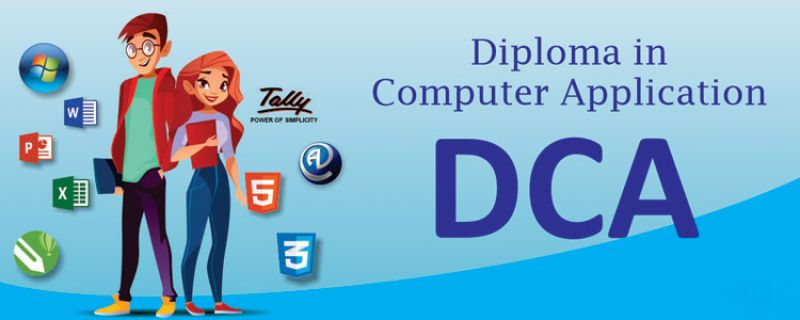
Course Code : M-N033

Course Code : M-N034

Course Code : M-N035

Course Code : M-N036

Course Code : M-N037
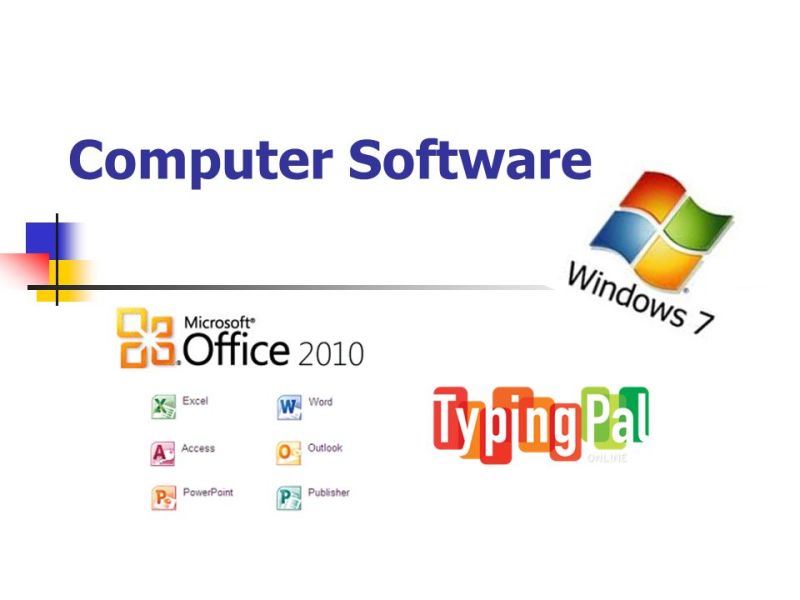
Course Code : M-N038

Course Code : M-N039

Course Code : M-N040

Course Code : M-N041

Course Code : M-N042
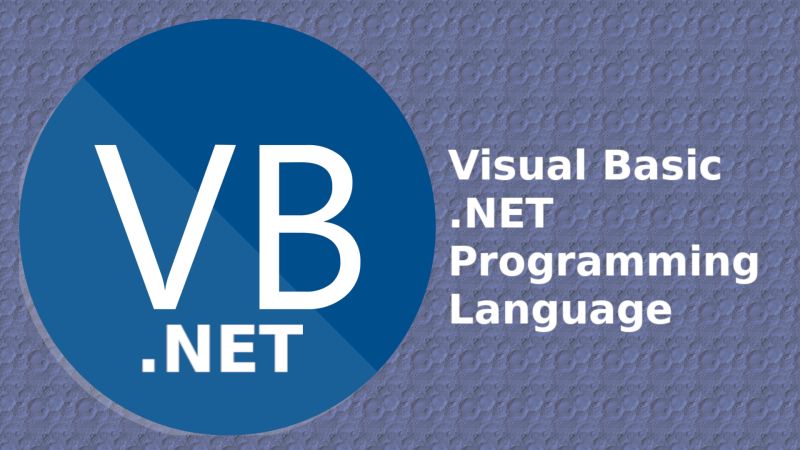
Course Code : M-N043
Course Code : M-N044

Course Code : M-N045

Course Code : M-N046
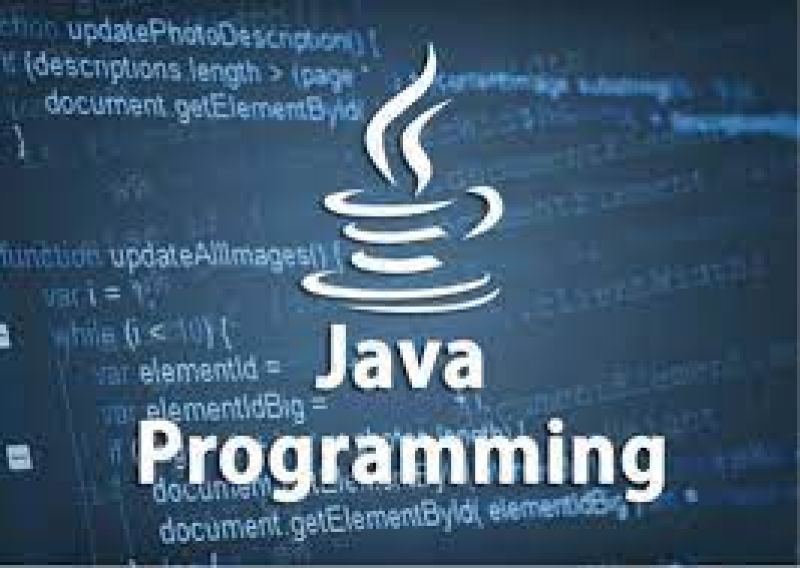
Course Code : M-N047

Course Code : M-N048

Course Code : M-N049

Course Code : M-N050

Course Code : M-N051
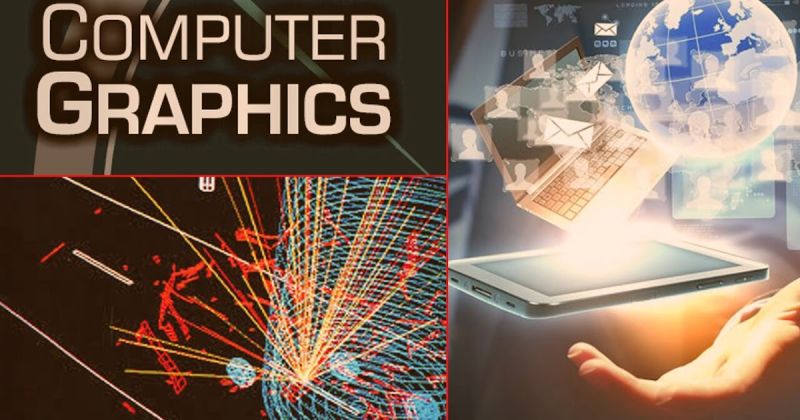
Course Code : M-N052

Course Code : M-N053

Course Code : M-N054
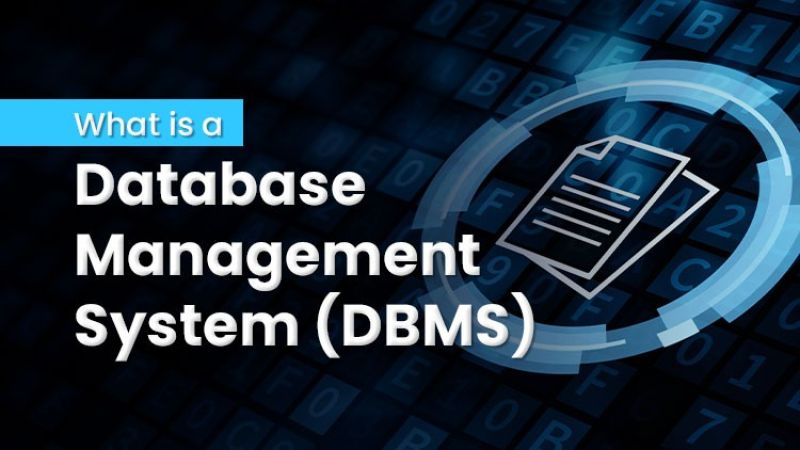
Course Code : M-N055

Course Code : M-N001

Course Code : M-N002

Course Code : M-N003
Course Code : M-N004

Course Code : M-N005

Course Code : M-N006

Course Code : M-N007

Course Code : M-N008

Course Code : M-N009
Course Code : M-N010

Course Code : M-N011

Course Code : M-N012

Course Code : M-N013

Course Code : M-N014

Course Code : M-N015

Course Code : M-N016
Course Code : M-N017

Course Code : M-N018

Course Code : M-N019

Course Code : M-N020

Course Code : M-N021

Course Code : M-N022

Course Code : M-N023

Course Code : M-N024

Course Code : M-N025

Course Code : M-N026

Course Code : M-N027

Course Code : M-N028

Course Code : M-N029

Course Code : M-N030

Course Code : M-N031

Course Code : M-N032

Course Code : M-N056

Course Code : M-N033

Course Code : M-N034

Course Code : M-N035

Course Code : M-N036

Course Code : M-N037

Course Code : M-N038

Course Code : M-N039

Course Code : M-N040

Course Code : M-N041

Course Code : M-N042

Course Code : M-N043
Course Code : M-N044

Course Code : M-N045

Course Code : M-N046

Course Code : M-N047

Course Code : M-N048

Course Code : M-N049

Course Code : M-N050

Course Code : M-N051

Course Code : M-N052

Course Code : M-N053

Course Code : M-N054

Course Code : M-N055

Course Code : M-N056
Course Code : M-N057

Course Code : M-M-N058

Course Code : M-M-N059

Course Code : M-M-N060

Course Code : M-M-N061

Course Code : M-M-N062

Course Code : M-M-N063

Course Code : M-M-N064

Course Code : M-N007

Course Code : M-N013

Course Code : M-N014

Course Code : M-N025

Course Code : M-N029

Course Code : S-283

Course Code : S-284

Course Code : S-11

Course Code : S-14

Course Code : S-15

Course Code : S-18

Course Code : S-20

Course Code : S-22

Course Code : S-23

Course Code : S-28

Course Code : S-33

Course Code : S-36

Course Code : S-37

Course Code : S-38

Course Code : S-39
_75252855_logo.jpg)



